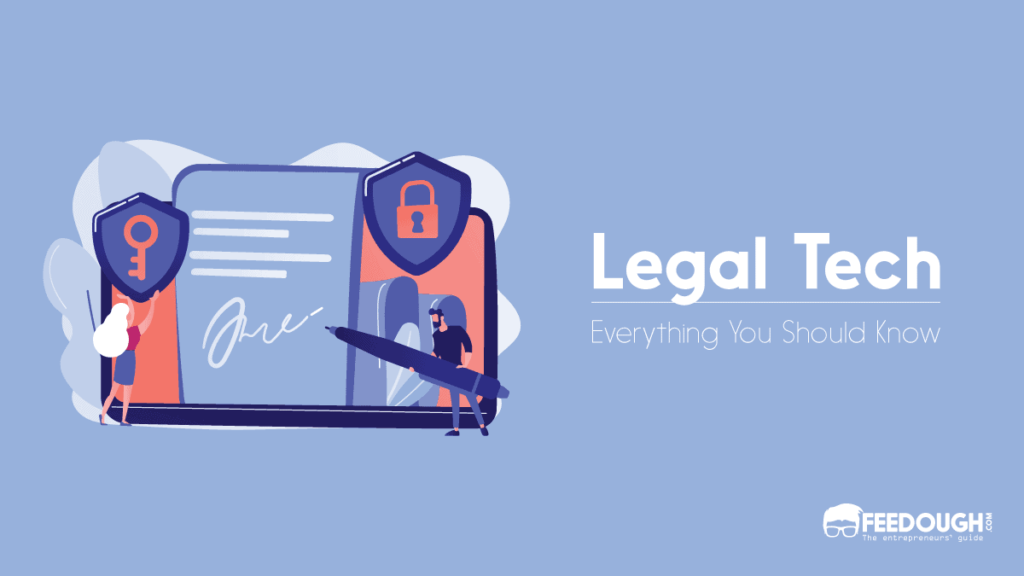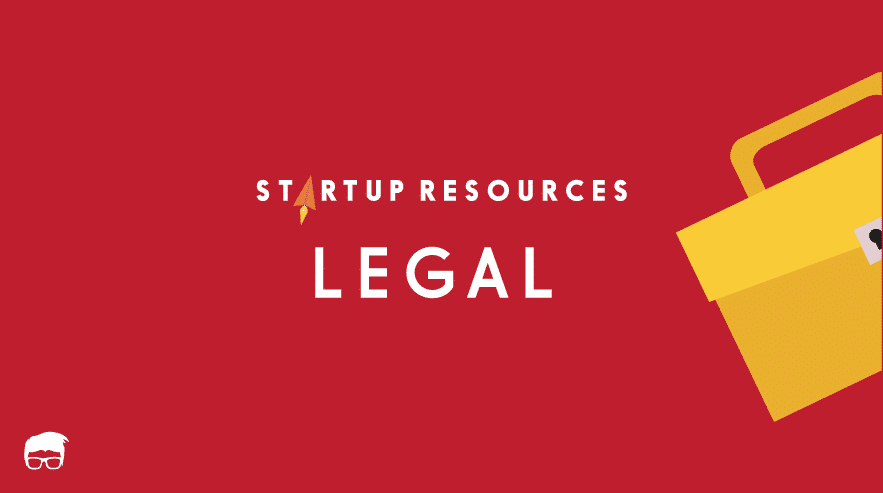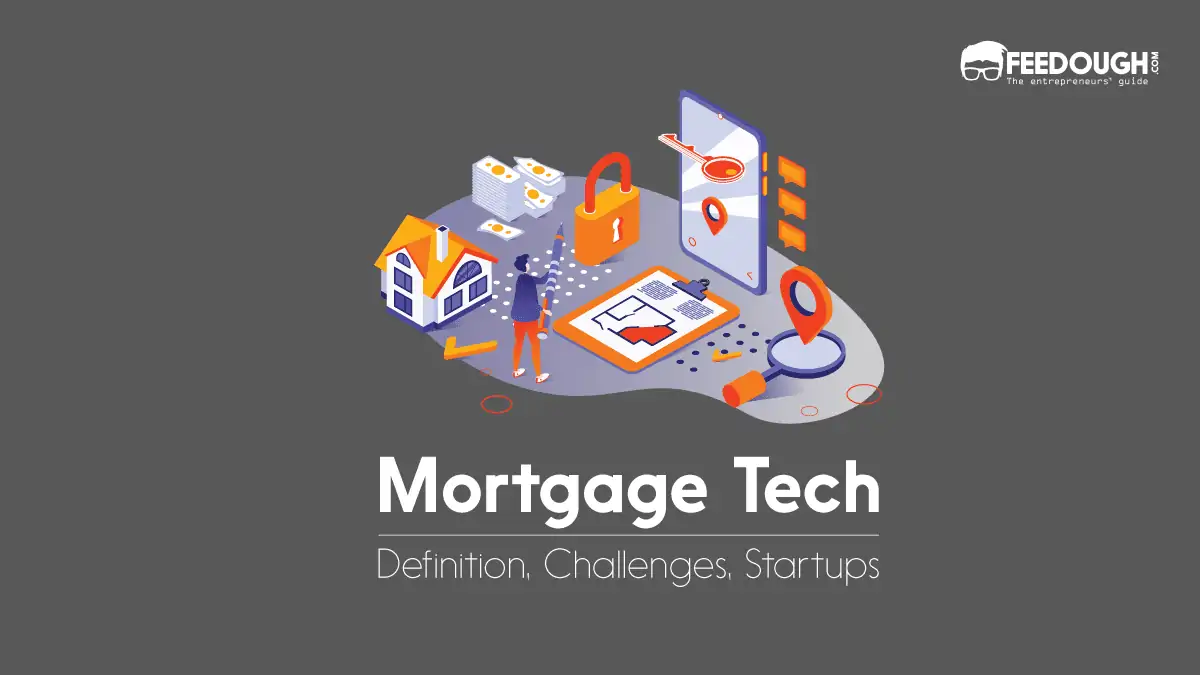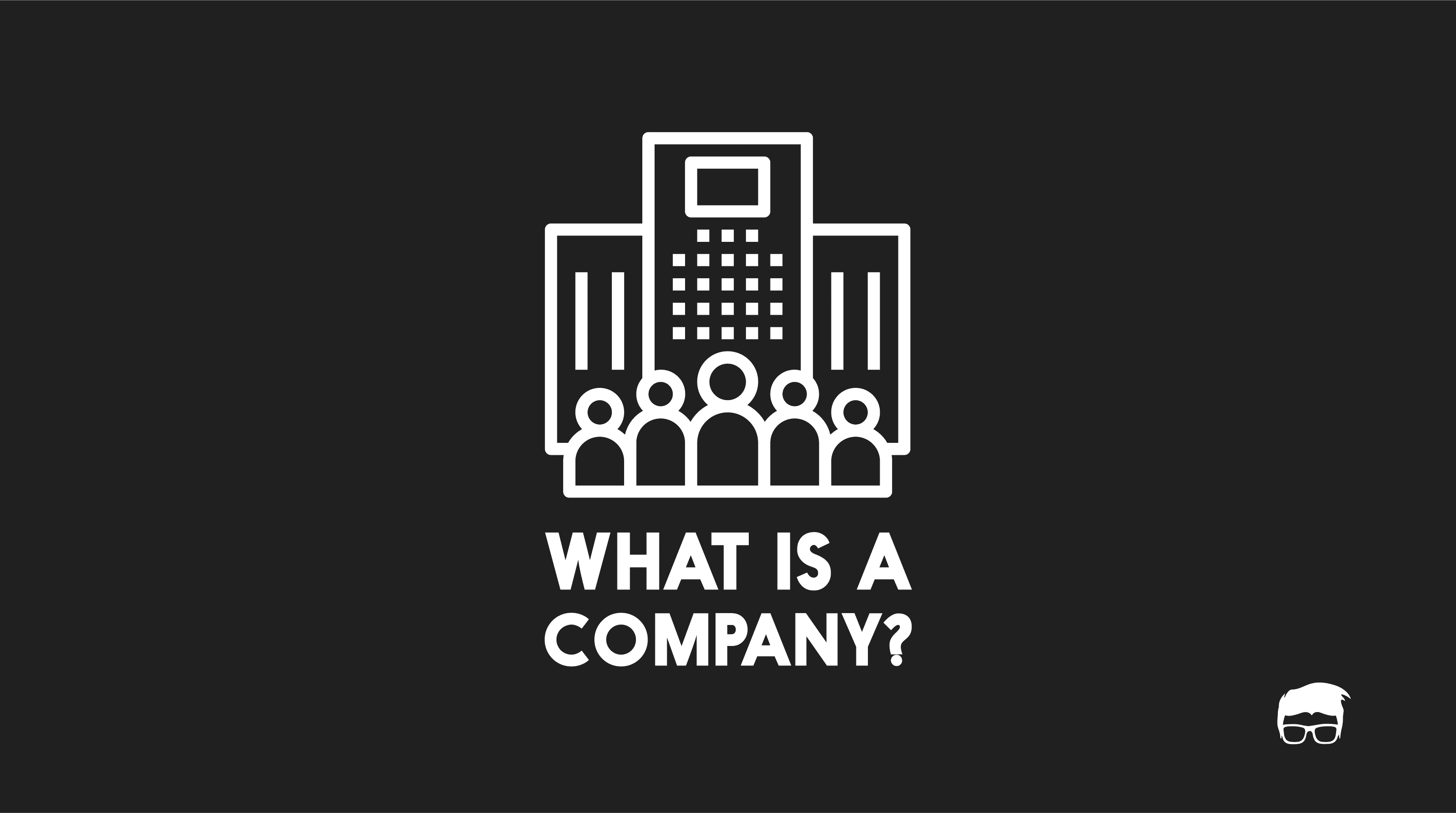It’s a fact that law firms are one of the world’s largest and most valuable organisations. According to Statista, it is estimated that the legal services market will be more than $900 Billion in 2025.
This means it’s not surprising that the law industry has become an important target for disruption, with many technology-powered companies trying to capitalise on this opportunity.
Enter legal tech.
What Is Legal Tech?
Legal tech, also called legal technology or legaltech, refers to the use of technologies such as artificial intelligence, machine learning, big data, blockchain, and other emerging technologies in order to make legal services more efficient, effective, and affordable for clients and lawyers.
In simple terms, legal tech is the use of technology to automate, assist, or enhance the work of a lawyer, law firms, their clients, and even the government.
It is the use of technology to overcome all the challenges the legal industry faces right now.
Legal Industry Challenges
Currently, the legal industry faces several challenges:
- Stress levels are on the rise, with almost 66% of solicitors experiencing high stress levels.
- 28% suffer from some level of depression, and 19% struggle with anxiety symptoms.
- The average cost of a legal service is $250-350 per hour.
Besides these, here are some major legal industry challenges –
- Legislative Changes: The legal industry must keep up with legislative changes. These are introduced every day, and often the changes directly impact how legal services are offered. Legal firms need to be aware of the changing environment and respond appropriately.
- Inadequacy of Legal Research Tools: Legal research tools are still based on outdated, traditional methods. Searching for a case law via a regular Google-like search engine will typically yield an overwhelming amount of results, most of which are irrelevant for the matter at hand.
- Data Protection: The data collected from the client’s system has to be protected, including customer data, intellectual property, and sensitive information. The way these data are being shared, used and stored needs to be carefully analysed to reduce the risk of theft, loss, or misuse.
- Client Service: The number and domains of clients a legal service provider handles vary widely. This makes it difficult for them to serve all clients efficiently.
- High Costs: The average cost of a legal service is $250-$350 per hour. This creates a huge barrier for low-income clients who can’t afford the high fees.
- Case management: Processing all the information, documents, and data in a case can be extremely complex. This can make it challenging to handle cases in an efficient manner.
- Globalisation: Many companies are now transacting business across borders, which creates additional challenges to ensure compliance with local and international laws.
- Client Pressure: Client pressure is rising as clients now want to play a more active role in the whole legal process and demand greater transparency.
- Increased competition: With the emergence of new entrants, the legal market has become more competitive than ever.
- Administrative tasks: The current legal industry is burdened with onerous administrative tasks, which take up a lot of their time and money.
- Offline work: A lot of work done by legal service providers is still offline. This includes signing documents, processing files, and other paper-based activities.
Legal tech is all about using technology to overcome these challenges and increase efficiency for clients and lawyers alike.
Legal Tech Use Cases
Legal tech has made a lot of inroads in different areas. Some of the legal tech use cases are:
- e-Discovery & e-Records: E-discovery and e-records help keep track of documents in an organised manner. It is also used for litigation and to help identify the root cause of a certain problem.
- Legal Research: Legal research tools are constantly evolving thanks to the rise of technology. Today, there are many online databases where one can find relevant cases and statutes that will help you support your argument in a case.
- Virtual Consultation: Virtual consultation enables a lawyer to interact with a client in real-time, even if the client is on the other side of the world.
- Automation Of Legal Tasks: Automation allows lawyers to streamline repetitive and routine tasks, which consume a lot of time and resources. Automation can be used for everything from case management, document review, case tracking, document retrieval, data storage, etc.
- Case Predictions: With the use of technologies like AI and ML, lawyers can save time and money by having a system that can predict the outcome of a lawsuit before it even starts.
- Case Management Systems: A case management system allows lawyers to manage different cases efficiently. These systems help track documents, gather information, and monitor the progress of cases.
- e-Filing: The use of e-filing software helps simplify the process of submitting documents to government agencies and courts, and it also helps reduce paper trails which can be very helpful for businesses.
- Document Automation: Document automation software helps simplify the process of creating documents. It saves time and money while also making the process more efficient.
- Legal Service Marketplace: The rise of online legal service providers is creating a lot of competition in the market and helping clients get better rates for their legal needs. Automation and data collection help improve the efficiency of these services.
- Firm Management: Software is increasingly being used by law firms to manage the entire firm. They help in handling tasks like billing, tracking cases and generating reports, among others.
- Legal CRM: CRM for law firms helps them keep track of their clients and their work. CRM enables better client handling and allows lawyers to focus on what matters the most: providing legal services.
- eDiscovery & Digital Evidence: Commonly associated with electronic crime, or e-crime, e-discovery involves the discovery of relevant information in electronic form. This can be used in civil or criminal cases, and help lawyers determine who is responsible for what, how it happened, etc. Digital evidence is a subset of e-discovery and includes all the digital information which can be used to prove or disprove a case.
- Machine Learning-Based Document Review: Machine learning uses algorithms that can accurately scan thousands of documents and determine their relevancy automatically instead of having them reviewed by a person one by one.
- AI-Based Legal Research: AI-based legal research tools are quickly becoming popular among lawyers and law firms. They help save time that would otherwise be spent on researching case laws, statutes, etc., saving money for clients in the process.
- Electronic Signatures: Legal documents are often signed in the form of PDFs. Electronic signatures help reduce paperwork, improve efficiency and save time by making it easier for clients to sign documents.
- Legal Chatbots: Legal chatbots, or AI-powered virtual assistants for legal services, are slowly beginning to see wider adoption by law firms. With their help, clients can get quick answers without having to wait in a queue for hours on end so the lawyer can address their questions.
Legaltech Startups & Companies
Today, there are many legaltech startups emerging with new technology to help lawyers and law firms automate their tasks, gather data, improve efficiencies, etc. Some of the most popular ones include Luminance, Rocket Lawyer, Clio, eBrevia, etc.
Luminance
Luminance is an AI-powered contract review software for lawyers. It can automatically scan through a contract and determine if there are any discrepancies, loopholes, etc.
Rocket Lawyer
Rocket Lawyer is one of the best known legal tech startups in the space. Providing online tools, software and data for lawyers, Rocket Lawyer helps them improve their efficiency.
The platform provides tools to create legal documents using pre-made templates, sign documents electronically, find legal resources to start and run a business, and even connect with a lawyer online to get help with legal issues.
Clio
Clio is an all-in-one law practice management system that helps legal professionals manage tasks like billing, invoicing, time tracking, reporting and much more.
It offers a complete suite of legal tools, including:
- Case management
- Document management
- Calendaring
- Contact management
- Task management
- Billing and accounting
- Online payments
- Time and expense tracking
- Client relationship management
- And seamless integrations with several other apps
eBrevia
eBrevia is an AI-powered legal research platform that helps lawyers save time by automating document review tasks. The software uses machine learning to scan through hundreds of documents and determine their relevance.
eBrevia, thus, allows law firms to provide better service to clients by using technology instead of hiring more humans.
The Future Of Legal Tech
The legal industry has been booming with a lot of innovations in recent years. Legal tech startups have been helping lawyers work more efficiently, deliver better services, and save money and time. As the legal industry matures, new players will come up with innovative products that will help lawyers provide better services to their clients. These products and services will benefit both law firms and their clients.
In fact, the legal tech industry has already reached the $1 billion mark. In 2019, the industry saw $1.23 billion in investments.
Not only law firms but customers today also prefer the use of tech in legal matters. According to a recent study, 70% of legal services consumers prefer the use of an automated online system or lawbot to handle their legal affairs instead of a human.
Over the next several years, legal tech will become an essential part of law firms, making them much more efficient, and providing better services to their clients.
Go On, Tell Us What You Think!
Did we miss something? Come on! Tell us what you think about our article on legal technology in the comments section.
A startup consultant, digital marketer, traveller, and philomath. Aashish has worked with over 20 startups and successfully helped them ideate, raise money, and succeed. When not working, he can be found hiking, camping, and stargazing.








